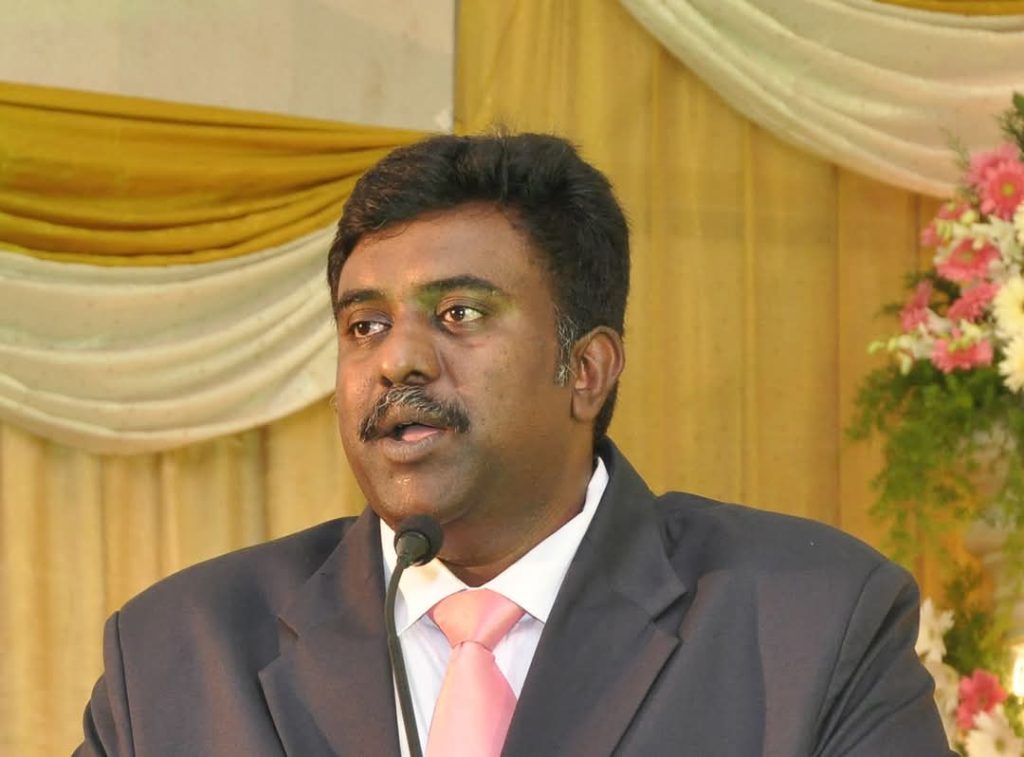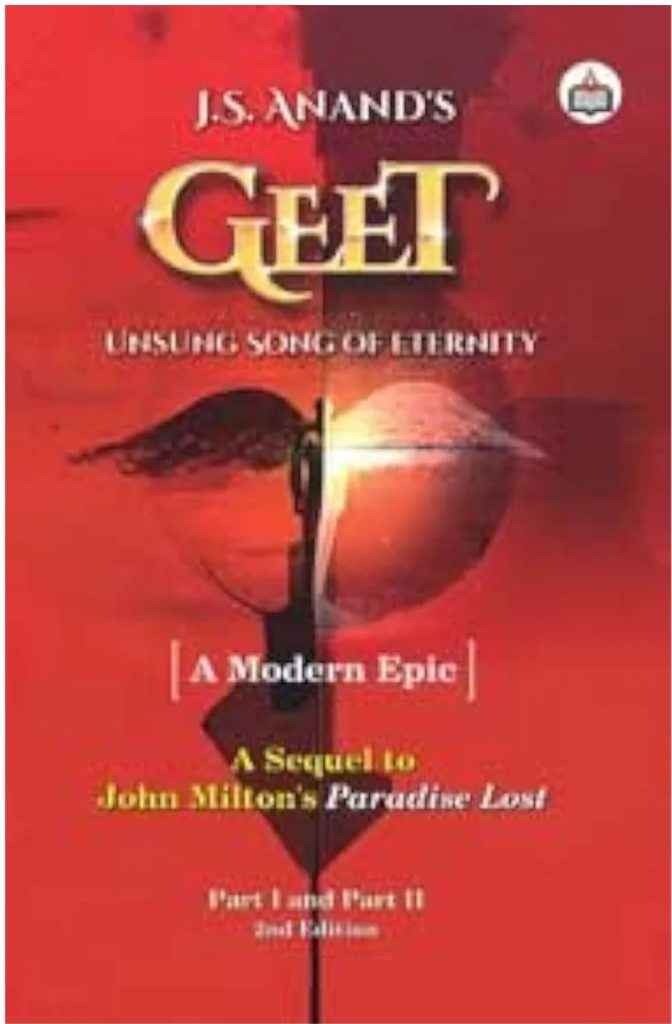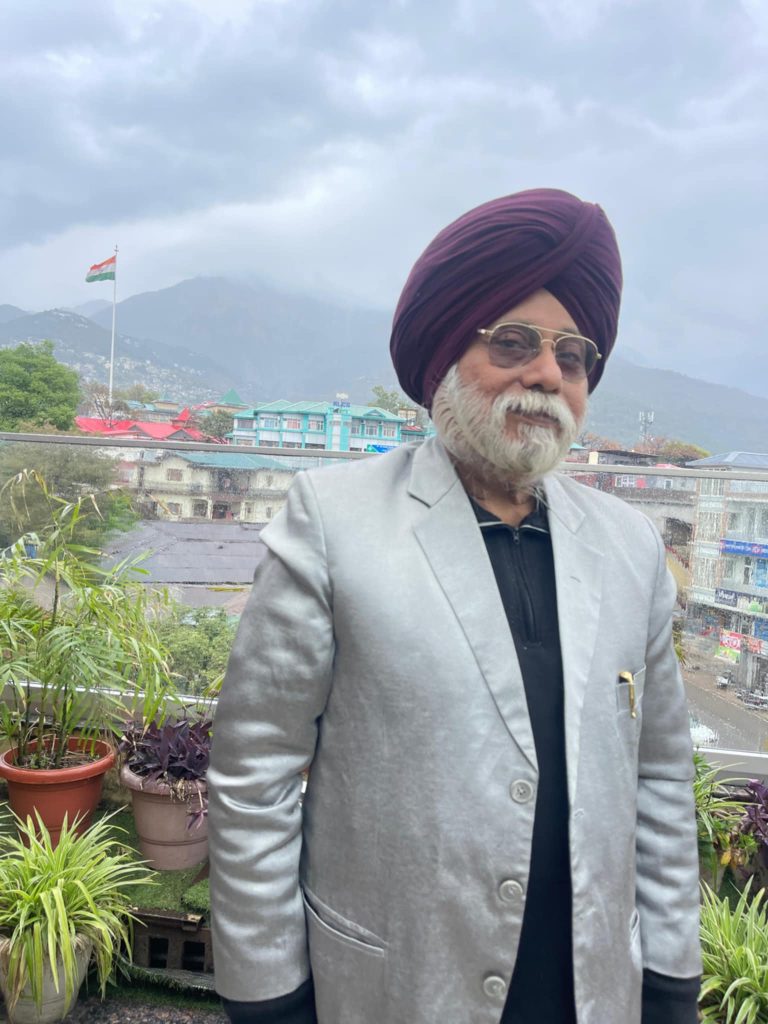
UNSINGSONG OF ETERNITY
DR SELVIN CALLS DR. ANAND A HOMO SACER
WHILE GROCK CONSIDERS IT A BOLD CONTRIBUTION TO WORLD LITERATURE
SECTIOM A
A REVIEW OF MY EPIC BY GROCK.
GEET: THE UNSUNG SONG OF ETERNITY PUB by Authorspress.
A SEQUEL TO MILTON’S ‘THE PARADISE LOST’.
Dr. Jernail Singh Anand’s Geet: The Unsung Song of Eternity is a remarkable modern epic that showcases his prowess as a poet, philosopher, and literary innovator. This work is often described as a sequel to John Milton’s Paradise Lost, but it carves its own distinct path by placing Dr. Faustus, rather than Adam, at the center of its narrative. Anand reimagines the Renaissance hero as a prototype of modern humanity, grappling with existential dilemmas in a world marked by spiritual and moral decay.
The epic explores the complex relationship between man and divinity, inverting Milton’s intent to “justify the ways of God to Man” by instead questioning the ways of man to God. It delves into the struggles of contemporary existence, reflecting on how knowledge, ambition, and the passage of time have led to a deterioration of the human spirit. Anand’s Faustus embodies the modern individual—brilliant yet flawed, seeking meaning in a universe that often feels indifferent.
What sets Geet apart is its ambitious scope and philosophical depth. Anand blends Eastern and Western literary traditions, drawing from his Punjabi roots and the broader Indian cultural heritage while engaging with the Western canon. The work is not merely a retelling but a reinvention, offering a fresh perspective on timeless themes such as sin, redemption, and the search for eternity. His use of free verse, honed through his study of English literature, allows for a fluid and dynamic exploration of these ideas, unencumbered by rigid form.
Critics and readers have noted the epic’s imaginative power and its ability to resonate with the challenges of the 21st century. It’s a testament to Anand’s vision—a poet who dares to tackle grand narratives in an age where such undertakings are rare. Geet: The Unsung Song of Eternity stands as a bold contribution to world literature, inviting reflection on humanity’s place in the cosmic order and cementing Anand’s reputation as a significant voice in modern poetry.
Appreciation by Grock

SECTION B
A PAPER ON GEET was presented by Dr Selvin Vedamanickam, a free thinker
The Homo Sacer in J S Anand’s Geet:
A Norm Violated to Establish Another Norm
THE HOMO SACER IN J.S . ANAND’S GEET ;
A NORM VIOLATED TO ESTABLISH ANOTHER NORM
Dr. Selvin Vedamanickam
Unaffiliated Free Thinker
Pondicherry
The paper starts with an attempt to study the current significance of the terms “human being”, “being human’ and “homo sacer” in J S Anand’s Geet. Even though the work claims to be a sequel, it is filled with fresh beginnings and new point of departures. What is astounding is its political, economical, sociocultural and literary relevance to the present day world even when dealing with a special binary of geographical vs. non-geographical space. Often the illusionary nature of representing the world as “good, true and beautiful” has been comfortably forgotten by both literary artists and other art form practitioners. Apart from representing a real and/or imaginary world either it be symbolical/allegorical, literature has to posit a viable(?) world. Even the Library Intellectuals or the Campus Hoppers have talked of the modern man only in the light of the metropolitan hyper-individuals and seem to conveniently omit the existential predicament of the sub-human man whose life is increasingly becoming bare and he himself becoming a rare being at the verge of extinction under the clutches of the privileged, super-civilized races.
The paper also tries to question certain key critical concepts (which are rarefied post-modern issues) such as irony, indeterminacy, self-reflexivity which are mere ‘thought representations’ of ultra-civilized man’. The paper calls for an understanding and literary representation of the equal importance of “an ironic sensibility” and “an empathetic sensibility” in capturing the plight of the sub-human common man, thus leading to empathetic activism to alleviate the sufferings of the bare/rare beings.
Submitted for the Two -Day International Conference on International Seminar on Novel Issues in Indian Writing in English (JKC College, Guntur, 23, 24 Feb 2018)

